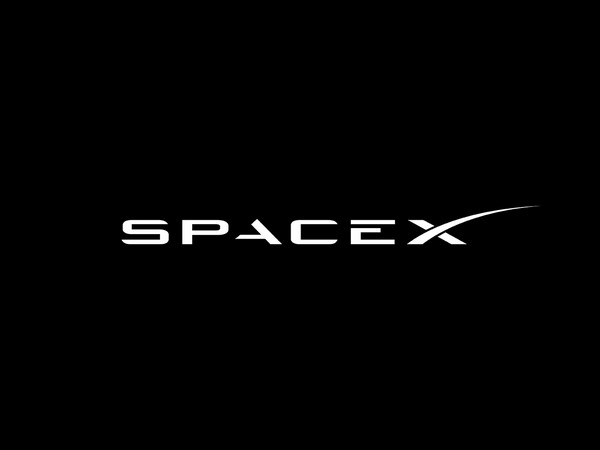Science News Roundup: SpaceX's unit Starlink secures Indonesia operating permit; Astronomers finally detect a rocky planet with an atmosphere and more
Researchers said on Wednesday the planet is a "super-Earth" - a rocky world significantly larger than our planet but smaller than Neptune - and it orbits perilously close to a star dimmer and slightly less massive than our sun, rapidly completing an orbit every 18 hours or so. Scientists document remarkable sperm whale 'phonetic alphabet' The various species of whales inhabiting Earth's oceans employ different types of vocalizations to communicate.

Following is a summary of current science news briefs.
SpaceX's unit Starlink secures Indonesia operating permit
The satellite unit of Elon Musk's SpaceX has secured a permit to operate in Indonesia, the communications minister told Reuters on Wednesday. Starlink had obtained a permit to operate as an internet service provider for retail consumers and had been given the go-ahead to provide networks, having received a very small aperture terminal (VSAT) permit, minister Budi Arie Setiadi said in an interview.
Russia starts developing nuclear power unit for joint lunar station with China, RIA says
Russia has started developing a nuclear power plant for its planned joint lunar station with China, the RIA news agency cited Yuri Borisov, the head of Russia's space agency Roscosmos, as saying on Wednesday. In March, Borisov said Moscow was considering the idea of powering the station using nuclear energy.
Astronomers finally detect a rocky planet with an atmosphere
Astronomers have searched for years for rocky planets beyond our solar system with an atmosphere - a trait considered essential for any possibility of harboring life. Well, they finally seem to have located one. But this hellish planet - apparently with a surface of molten rock - offers no hope for habitability. Researchers said on Wednesday the planet is a "super-Earth" - a rocky world significantly larger than our planet but smaller than Neptune - and it orbits perilously close to a star dimmer and slightly less massive than our sun, rapidly completing an orbit every 18 hours or so.
Scientists document remarkable sperm whale 'phonetic alphabet'
The various species of whales inhabiting Earth's oceans employ different types of vocalizations to communicate. Sperm whales, the largest of the toothed whales, communicate using bursts of clicking noises - called codas - sounding a bit like Morse code. A new analysis of years of vocalizations by sperm whales in the eastern Caribbean has found that their system of communication is more sophisticated than previously known, exhibiting a complex internal structure replete with a "phonetic alphabet." The researchers identified similarities to aspects of other animal communication systems - and even human language.
Crewed flight of Boeing Starliner space capsule pushed back at least 10 more days
The Atlas V rocket carrying Boeing Co's new Starliner space capsule will be rolled back to its hangar to replace a pressure valve, postponing the long-awaited first crewed test flight of the spacecraft for at least 10 more days, NASA said on Tuesday. The new targeted launch date for the mission - pivotal to Boeing's struggle to acquire a greater share of lucrative NASA business now dominated by Elon Musk's SpaceX - has been set for May 17 at the earliest, according to NASA.
(With inputs from agencies.)
ALSO READ
Ongoing Talks with China Progressing Favorably: Defense Minister Rajnath Singh on Eastern Ladakh Border Dispute
Berkshire's Brooks Running CEO sees China, Europe as growth areas
Talks with China on Track: Rajnath Singh Updates on Eastern Ladakh Border Situation
Talks Between India, China Progressing Positively, Says Rajnath Singh
France's Macron set to press China's Xi on trade, Ukraine










